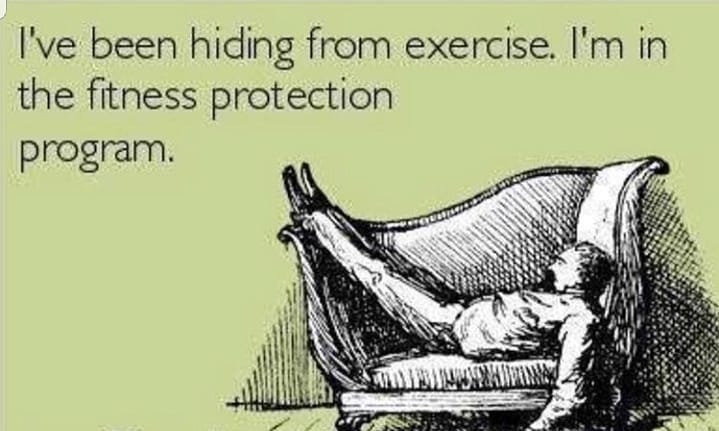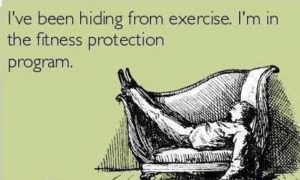Be Your Own Wellness Coach
It’s the season for making changes, setting health, fitness and nutrition goals, and stepping out of the winter ‘Fitness protection program’. Seems timely to revisit a blog first published back in 2013 on https://sunonmyparade.com/2013/soul-food/be-your-own-wellness-coach/, but pretty relevant every change of season.
As we mature we figure out for ourselves what works for us and what doesn’t. We also have some deeply ingrained habits that may or may not be helpful to our health and well-being. Swamped by advice, it can be tempting to read but not to change our lifestyle. So do we need wellness coaching? What exactly is it anyway?
While there are diverse levels of qualifications among those calling themselves a ‘wellness coach’, it is a legitimate, evidence-based health profession. There are face-to-face and online training programs, certifications and a professional body. The aims of coaching are noble – to energise and empower clients to master their own health and well-being, and to counter the epidemics of our time including poor nutrition, stress, sedentary lifestyles and chronic illness.
The techniques used are also eclectic and depend upon the coach’s prior training to some extent. Ideally coaching moves away from the didactic ‘expert’ approach of traditional healthcare and into a collaborative partnership model. A coaching relationship should not be based around advice giving, nor should it become pseudo-therapy. In its ideal form wellness coaching is like having a one-sided relationship with your own personal cheerleader, a professional friend who has only your best interests at heart.
My challenge to you is to be that kind of friend to yourself. Can you accept yourself where you are at this moment? Can you guide yourself to tap into your innate desire to be well? Can you mindfully identify obstacles and find creative solutions to achieve your goals? Can you continually reassess your values and beliefs around health, wellness and fitness? When you identify your values, can you take steps to act in alignment with those values?
If you are ready to take responsibility for your health and wellness, you can use the many practical tools of wellness coaching for yourself. It can be profoundly powerful to stand in your own corner, self-reliant, strong and confident, wiser for your struggles, more compassionate for your sorrows, and deeply aware of your own needs and how to meet them.
At the core of any good therapy or coaching relationship is what Carl Rogers termed ‘unconditional positive regard’. Take a step back from the mental chatter and observe yourself as you would a much-loved friend – can you apply unconditional positive regard to yourself? Refrain from criticising or looking for weakness, and instead see the good, wise and beautiful person you are. Trust that you are worthy of taking care of, so that you can take better care of yourself.
Find empathy for your own struggles but do not let them derail your efforts. Instead practice detached observation of emotional ups and downs without engaging in the dramatic stories that may go along with these feelings. This is essentially mindfulness in action, a skill that can be learnt and practiced until it becomes second nature.
Pose open-ended questions for yourself. You can respond by journaling or blogging, or simply sitting quietly in contemplation. Ask yourself things like, “how would my life change if I started exercising?” and “what kind of exercise have I enjoyed in the past?”
Sniff out your own strengths. We are hardwired to look for flaws and the world seems to support this bad-news approach. Try flipping it around and talking yourself up, even if only for yourself. Just like being your own true friend, state clearly what you are good at, savour your achievements, and update your whole person resume to include your best qualities.
From the space of unconditional positive regard and self-care, set yourself some small, realistic goals. When you revisit your goals congratulate yourself on what you did do, and let go of what you didn’t.

